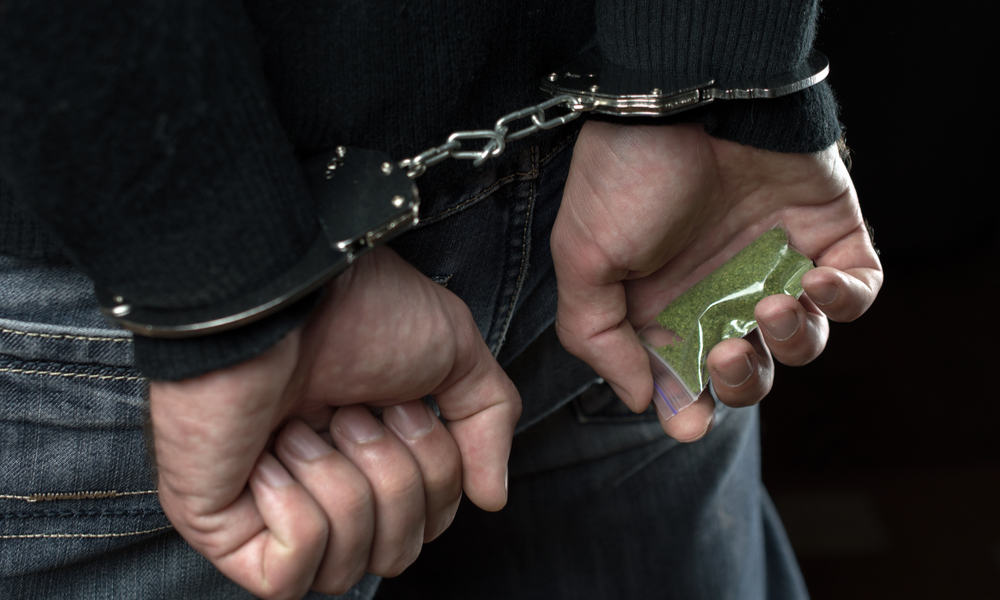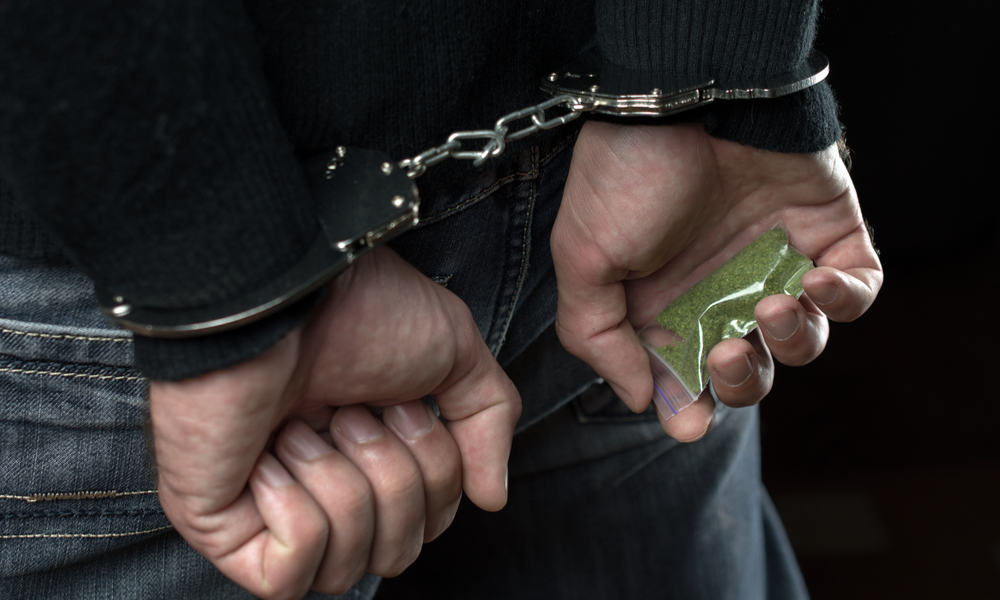
The Dallas County district attorney released a five page memo on Thursday stating that his office would no longer prosecute first-time marijuana misdemeanors. John Creuzot also announced that all in-process first-time misdemeanors that had been filed before his term in office will be thrown out, part of what he called “a step forward in ending mass incarceration in Dallas County.”
The memo addressed a variety of changes in enforcement priorities that go beyond marijuana offenders. Creuzot’s office will not be prosecuting individuals with small possession charges involving other drugs, people who drove with a suspended license, or anyone caught stealing “necessary” items.
“The criminal justice system has fallen disproportionately harshly on poor people and people of color, that’s just a fact,” Creuzot said to the Texas Observer. “The entire system is complicit in this dysfunction. We’re doing what we can within this office to address some of that.”
Shifts in policy were expected from Creuzot. He arrived to last year’s DA race promising to work on cash bail reform and shrink Dallas’ massive prison population, which sees the booking of around 67,000 people a year.
“Our current system is uncoupled from physical safety and fairness, as people sit in jail not because they pose an identifiable danger to the community, but because they cannot pay their fee to go home,” Creuzot wrote in the memo. “When low-income people are held in jail simply because they cannot afford a few hundred dollars, they lose their jobs, housing, stability, and cannot take care of their children: this makes our communities less safe.”
The Texas Department of Public Safety has released numbers stating that around 379,000 residents have been arrested in the last five years for possession of less than two ounces of marijuana. Their detainment and prosecution costs the state $730 million each year, according to Representative Joe Moody from El Paso.
Two weeks ago, Moody’s third attempt at a cannabis decriminalization bill made it out of committee. It would scale back the maximum punishment for small time possession from 180 days in jail and a $2,000 fine to a $250 penalty. “We are very optimistic about the chances of HB 63 passing on the floor of the Texas House,” said the director of Texans for Responsible Marijuana Policy Heather Fazio at the time.
Creuzot is far from the first public defender to free up their docket from low level marijuana offenses. In fact, across the United States — and even in places that have yet to see the legalization of recreational marijuana — law enforcement agencies are taking matters into their own hands, and making moves that seem to anticipate that measures to decriminalize marijuana will be taken shortly in their jurisdiction. New York’s Erie County District Attorney John Flynn announced that his office would dismiss 35 outstanding bench warrants for minor marijuana offenses in February, echoing a decision made by neighboring city Buffalo to no longer pursue small time marijuana offenders.
Shifting law enforcement standards are not the only area in which Texas has seen movement on widening access to cannabis. The Department of State Health Services made a move to take hemp off its list of controlled substances early this month. That decision puts the state in a prime position to benefit economically from last year’s U.S. Farm Bill, which made it legal for farmers to enter the hemp industry. Earlier this year, Canadian company Village Farms International secured a Nasdaq listing in preparation for opening a facility to grow hemp in Texas.
There are also a record-setting number of bills being considered by the state legislature that would widen access to the state’s scant, but existing medical marijuana program.











